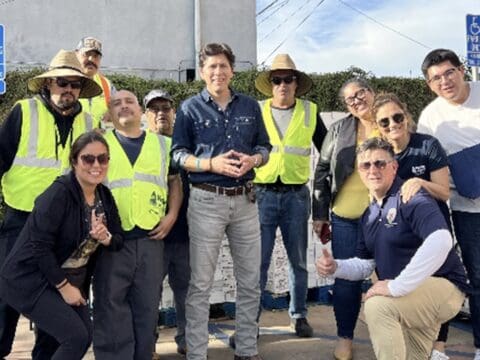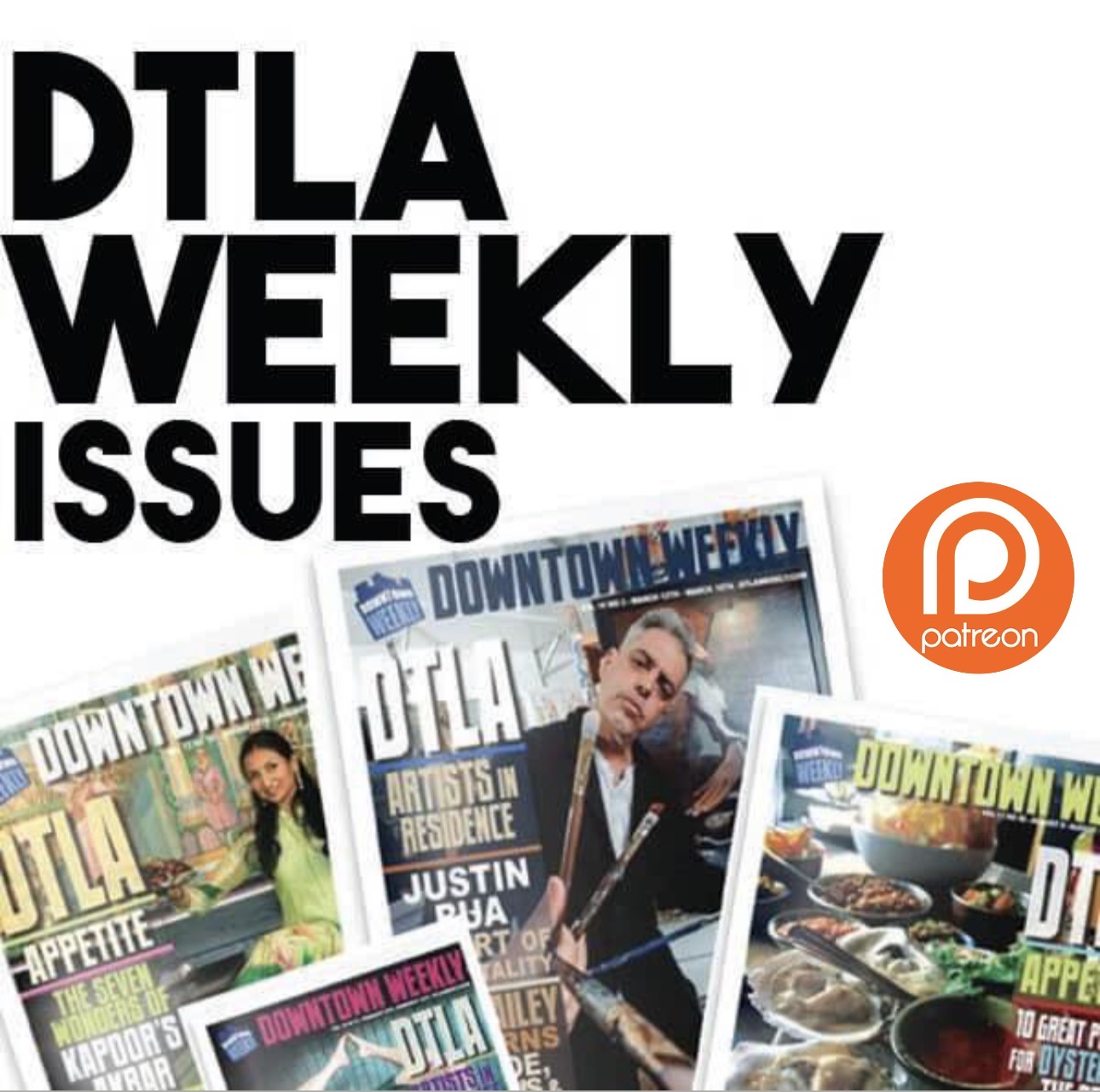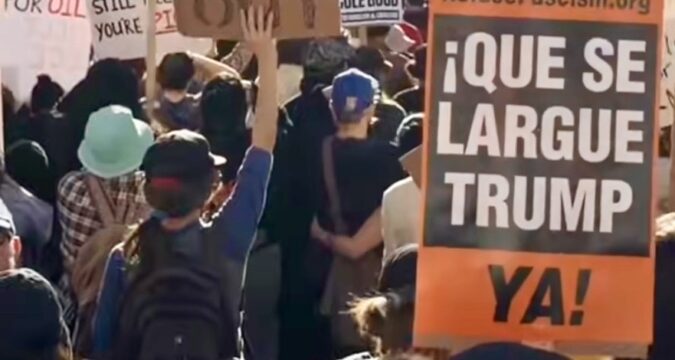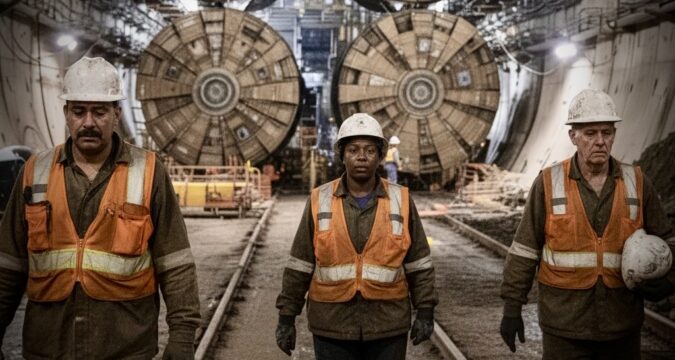
The U.S. Department of Transportation (USDOT) has issued an Interim Final Rule (IFR) (https://www.federalregister.gov/d/2025-19460), effective October 3, 2025, that fundamentally reshapes the Disadvantaged Business Enterprise (DBE) program. This move, which aligns with the Trump administration’s broader review of diversity criteria in federal programs, eliminates the long-standing presumptions of social and economic disadvantage based on race and gender.
This change immediately impacts how firms are certified, how existing certifications are maintained, and how DBE participation is counted in federally-assisted contracts.
The DBE program was originally established by Congress in 1982 with three main objectives: to ensure nondiscrimination in the award and administration of USDOT-assisted contracts, to help remove systemic barriers to the participation of small businesses owned by socially and economically disadvantaged individuals, and to assist in the development of these firms so they could eventually compete successfully outside of the program. For businesses, DBE certification has historically provided a crucial competitive advantage by granting access to contracts with transportation agencies, which are required to set participation goals, and by increasing visibility through inclusion in the Unified Certification Program (UCP) directory used by prime contractors seeking to meet those goals.
And Metro has to listen….or else!
The U.S. Department of Transportation (USDOT) plays a crucial role in funding major transit projects in Los Angeles, which is why Metro is highly dependent on them. Imagine the USDOT as a giant piggy bank for all the country’s roads, buses, and trains, and Metro, which runs our local system, relies on getting huge checks, called grants, from them to pay for massive and expensive projects.
For example, Downtown Los Angeles directly benefits from this funding because the federal government has awarded over $700 million toward the completion of the D (Purple) Line Subway Extension, which starts downtown, and another $139 million federal grant is helping Metro make key streets right in the heart of the city, like Flower Street and Pico Boulevard, safer and easier for people to walk to the train and bus stops. Without these large grants, Metro wouldn’t be able to buy new trains, build new subway lines, or complete the major safety improvements that help keep the entire system running and expanding.
According to the government… is anyone really disadvantaged?
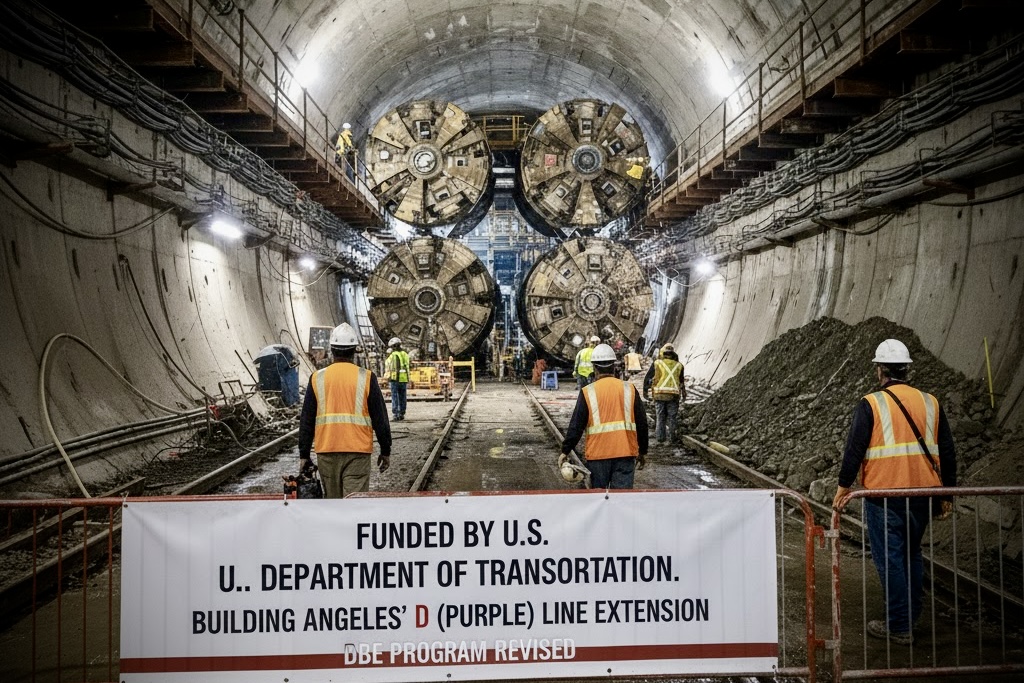
The most significant change is the elimination of the presumption of disadvantage. The USDOT’s IFR mandates significant program and procedural changes to ensure full compliance with evolving constitutional requirements.
Under the new rule, the race- and gender-based presumptions are removed, meaning all firms—both current and future applicants—must now provide individualized evidence of their social and economic disadvantage.
This evidence must include a personal narrative detailing specific instances of economic hardship, systemic barriers, and denied opportunities that have hindered the owner’s business progress, along with required financial documentation. This shift imposes a significant new administrative burden and increases the level of scrutiny for all applicants seeking to prove their eligibility.
Metro is currently reviewing the IFR to implement necessary program and procedural changes.
Digging through the files?
The IFR also mandates a new review for all firms currently in the DBE database by the California Unified Certification Program (CUCP), a “one-stop shop that certifies small, minority, and women-owned businesses as Disadvantaged Business Enterprises (DBEs). Th agency is now directed to re-evaluate every existing firm against the new, race- and gender-neutral standards, certifying only those that meet the new criteria and decertifying those that do not.
For current DBE firms, this process presents a substantial risk of losing their certified status if they cannot sufficiently document individual disadvantage, which could lead to a loss of key contracting opportunities.
Coming to a Halt
Until the CUCP completes this sweeping reevaluation process, Metro has temporarily suspended setting or enforcing DBE contract goals. This temporary suspension of goals may cause an immediate reduction in DBE participation on federally-assisted contracts, directly impacting the current pipeline of work for firms that relied on these program goals.
Primes Don’t Mind

Despite these changes, prime contractors remain subject to all applicable legal requirements, including the California Subletting and Subcontracting Fair Practices Act, as well as prompt payment and retainage requirements on all contracts.
What other programs are still available…
It is important to note that Metro’s other non-race- or sex-based small business programs—including the Small Business Enterprise (SBE), Disabled Veteran Business Enterprise (DVBE), Local Small Business Enterprise (LSBE), and Medium Size Business Enterprise (MSZ) Programs—remain in effect and unchanged.
Metro spokesmen say Metro remains committed to fostering small business contractor participation and will explore all lawful means to support small businesses and, as appropriate, those DBEs that qualify under the new regulatory standards.
“Small businesses are vital for the economy as they drive job creation, foster innovation, and strengthen local communities.”
Further updates will be shared as they become available. Details on upcoming DBE Program informational sessions will be posted on Metro’s Vendor Portal at www.metro.net/connect.
![]()



